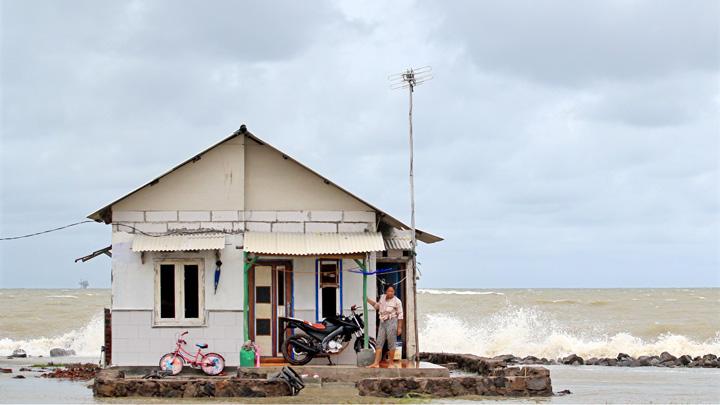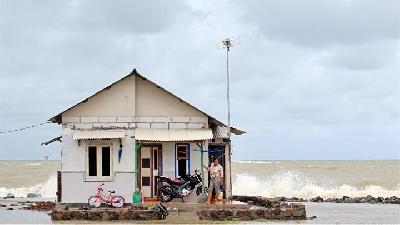Lack of Ambition for Emission Reduction
Monday, January 18, 2021
The Climate Ambition Summit was organized to help push for a renewed commitment on emission reduction, in order to achieve the target of limiting global temperature rise to 1.5 degree Celsius by 2030. Indonesia is seen as lacking ambition to meet its emission reduction target.
arsip tempo : 171460026998.

HELD online on December 12, the Climate Ambition Summit 2020 was not only meant to commemorate the fifth anniversary of the Paris Agreement. The international meeting, jointly organized by the United Nations, France, and the United Kingdom, with support from Chile and Italy, aimed to provide space for government and non-government leaders to show their more ambitious commitment in limiting global temperature rise to 1.5 degree Celsius by 203
...
Subscribe to continue reading.
We craft news with stories.
 For the benefits of subscribing to Digital Tempo, See More
For the benefits of subscribing to Digital Tempo, See More











